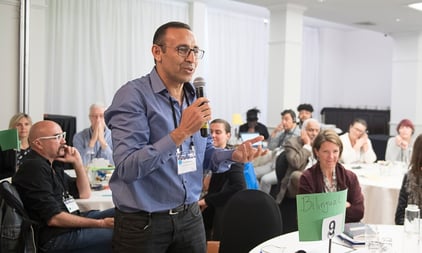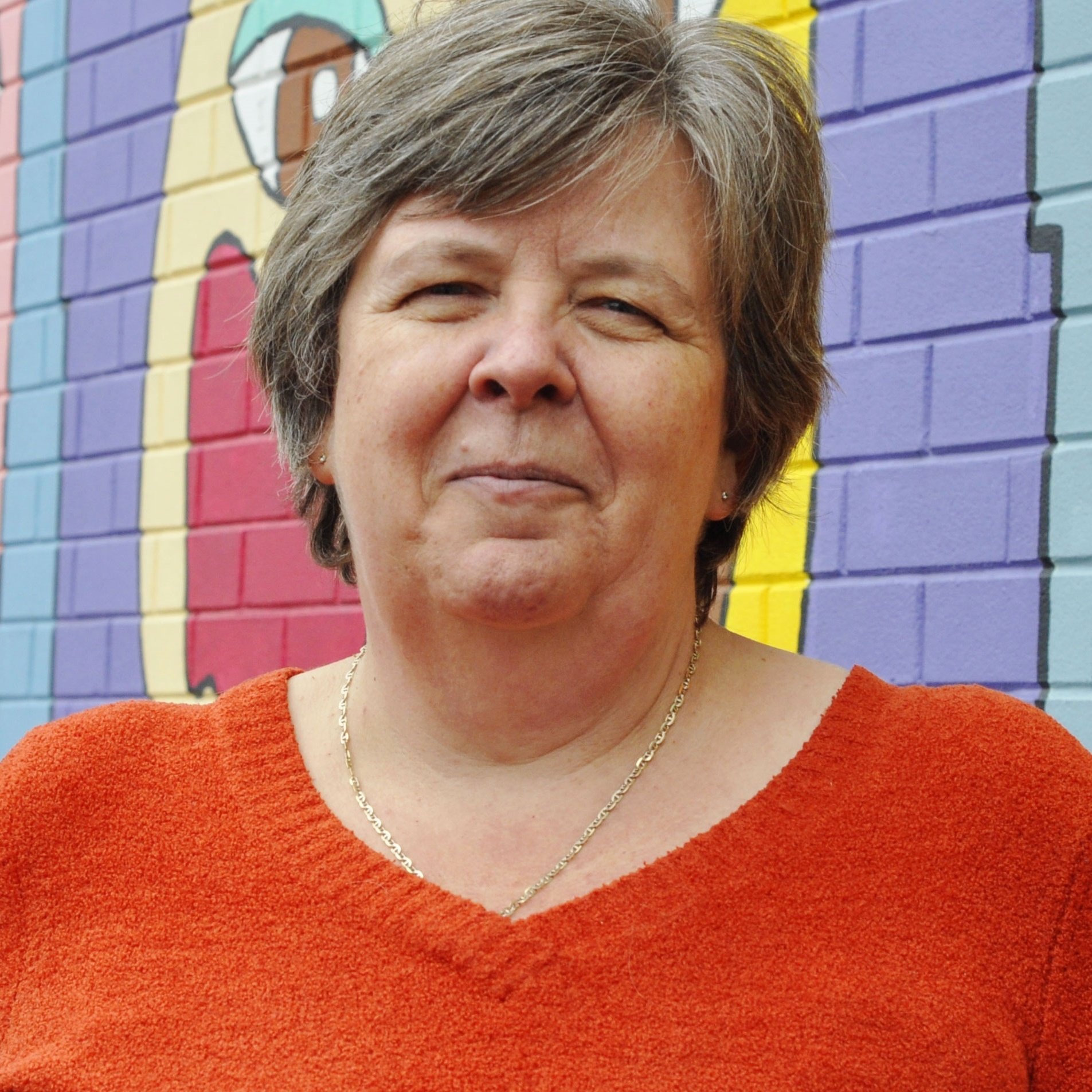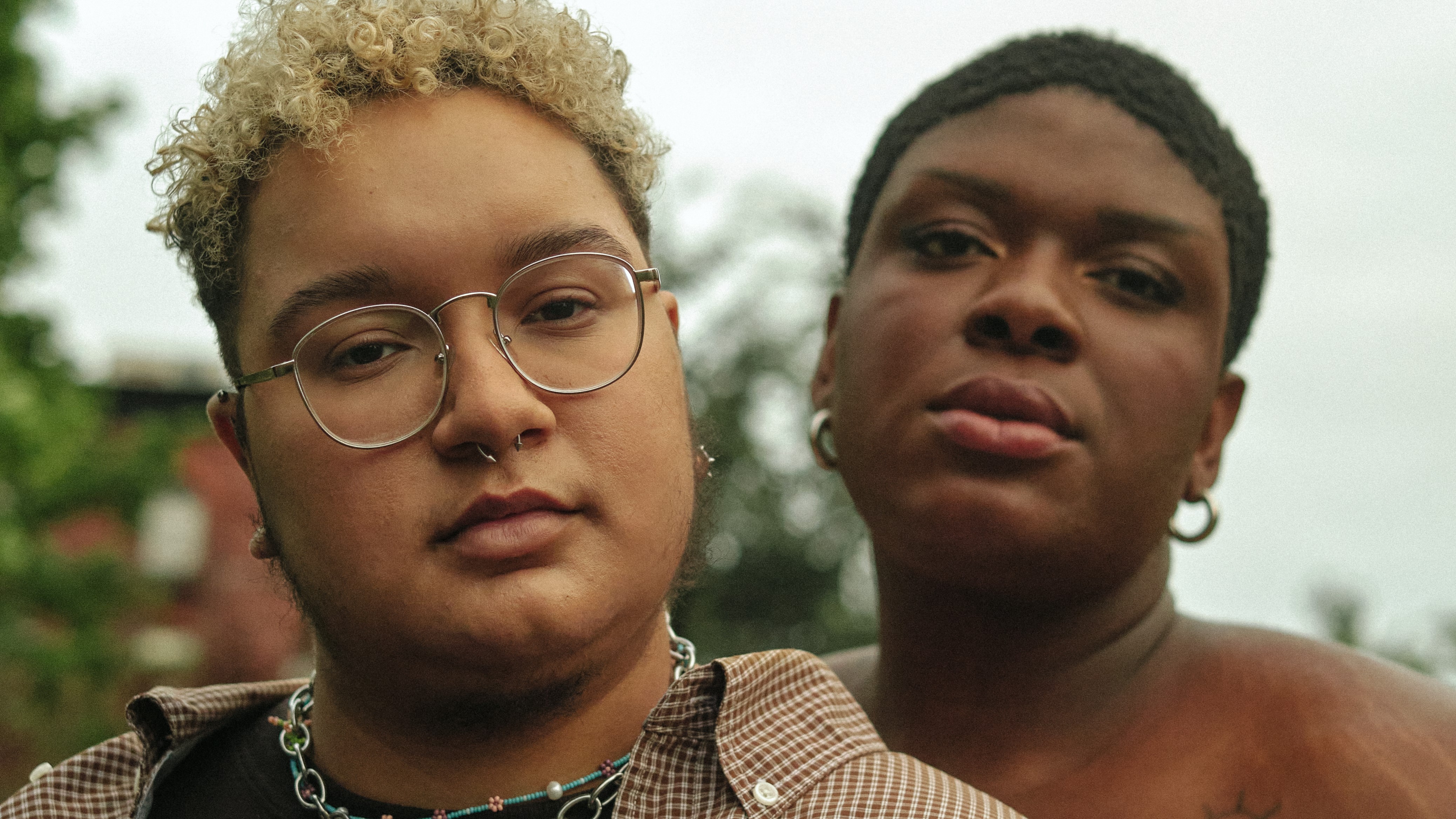
Over the last two weeks, there has been a theme that has resonated across different meetings and presentations that I have attended and facilitated. Tamarack supported a series of workshops hosted by the Ontario Trillium Foundation with Michael McAfee, President, PolicyLink. These workshops, in London, Toronto, Kingston and Ottawa were an opportunity for organizations to consider how to more effectively engage their community partners. Michael pushed participants to consider clarifying their community change approach. He told them if they did not have a clear, evidence-based understanding of what it was they were working to change, they were spinning their wheels. This is critical when you think about community engagement. Purposeful engagement means that you know what you want to engage others around. You put your stake in the ground. It does not mean that there is no flexibility, but if you have done your research, and have your evidence, it is easier to engage others. The engagement is focused and driving toward change.





